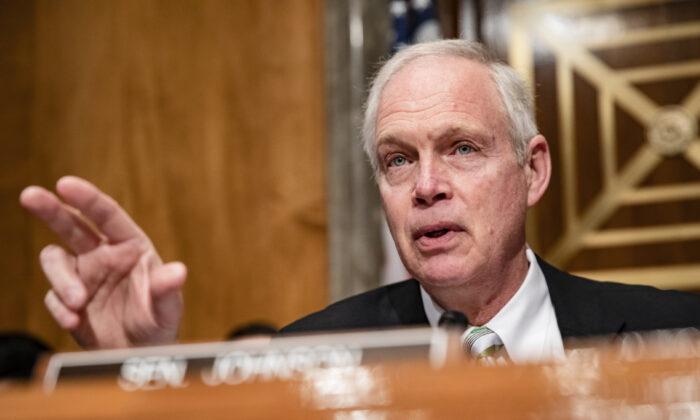States need to investigate election irregularities and put controls in place that will restore voter confidence in the process, Sen. Ron Johnson (R-Wis.) said on Jan. 7.
“I sincerely hope this debate will serve as a wake-up call to state legislatures to recognize the legitimacy of these concerns, fully investigate the irregularities in their states, reassert their authority over federal elections, and establish controls to restore confidence in our election system. The solution lies in the states, not with the federal government,” Johnson said in a statement.





